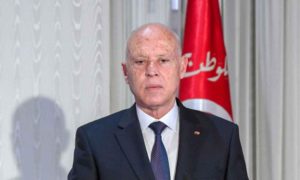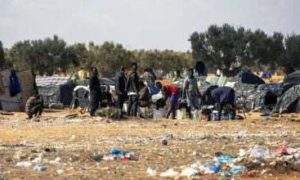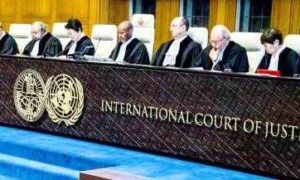In Tunisia, the Central Bank is independent in the achievement of its goals, the exercise of its missions and the administration of its resources. Its central mission is to control price stability.
With the continuing dilemmas in mobilizing the external funding resources required to balance payments and the State budget, the BCT’s relationship with the State’s general treasury has for some days been inciting a debate that coincides
The delay in agreeing with the International Monetary Fund (IMF) has hindered the mobilization of financing resources both at the bilateral and multilateral levels. Provisionally and to avoid hazards of slippage in the balance of payment and to deal with emergencies, the treasury, which cannot have credits with the central bank, is indebted to local banks and launched a national bond issue for 2023.
According to article the 4th paragraph of article 25 of law 2016-65 of April 25, 2016, the Central Bank of Tunisia (BCT) cannot grant to the general treasury of the State facilities in the arrangement of overdrafts or credits, nor directly acquire securities issued by the State.
It should be reported that this ban does not apply to financial assistance operations granted by the BCT for the benefit of banks and financial institutions in whose capital the State directly or indirectly holds shares.
But the bloc of the Sovereign National Line, within parliament has a different opinion. It recently tabled a bill relating to the amendment of the law establishing the status of the Central Bank of Tunisia.
The draft amendment of this parliamentary bloc will relate, effectively, to the 4th paragraph of article 25 of the statute of the BCT, to approve the State to obtain credits directly from the BCT, without going through the commercial banks.”
Instead of reimbursing these credits, with an interest rate of 7% (4% for the benefit of the BCT, and 3% for the benefit of the commercial banks), the State will, according to this project, be called upon to pay interest of the order of 4% only”.
The envelope accordingly saved could attain 240 million dinars. The draft amendment again provides that the credits to be granted to the State by the BCT must not surpass the thresholds of 5% of GDP or 20% of tax revenues collected during the past year. They must be reimbursed within a period not exceeding 12 months from the date of receipt.
It is furthermore a question of bringing an amendment to article 46 of the statute of the BCT so that it is adapted to the Constitution of the year 2022, which stipulates that the governor of the BCT must be assigned by the president of the Republic and not by the Head of Government.
“The Wealth of Nations”
Foreign experiences demonstrate that the majority of central banks are forbidden from granting loans directly to the public sector and they act far from pressure from public authorities to finance popular measures.
History has again shown that indebtedness, whatever its source, is not the cause of the wealth of nations. Gains in production, added value, exports and growth are the real sources of the wealth of nations.
At the economic level, the criticisms handled so far to the bill relating to the amendment of the law establishing the status of the BCT essentially reside in the necessity to find new avenues of economic recovery and the creation of added value.
At the political level, the other parliamentary blocs will certainly have their say.
What will the next few days bring?
What's happening in Tunisia?
Subscribe to our Youtube channel for updates.











































